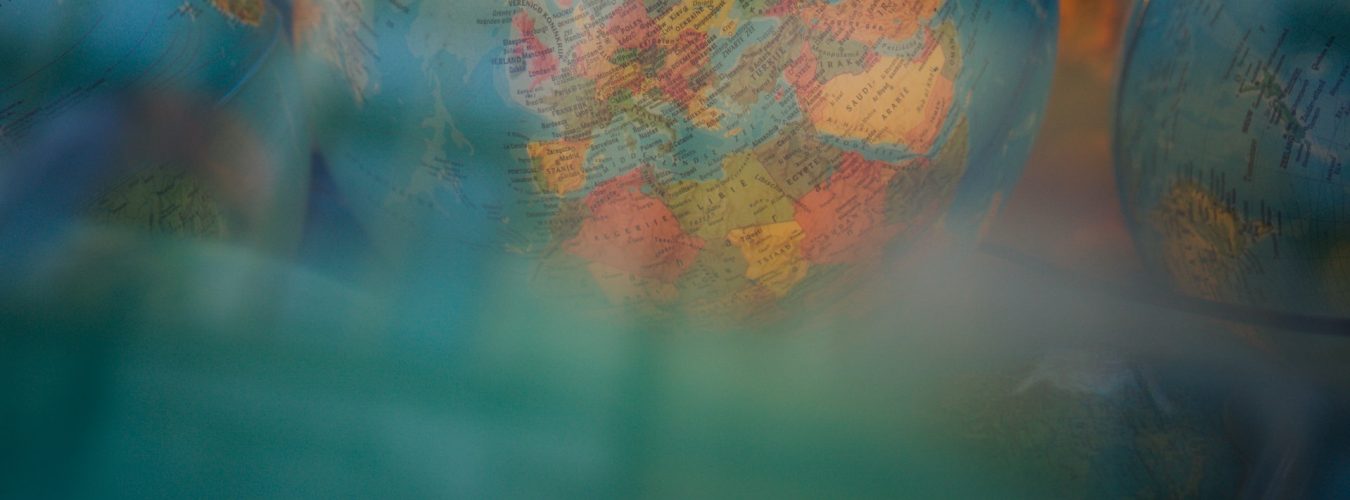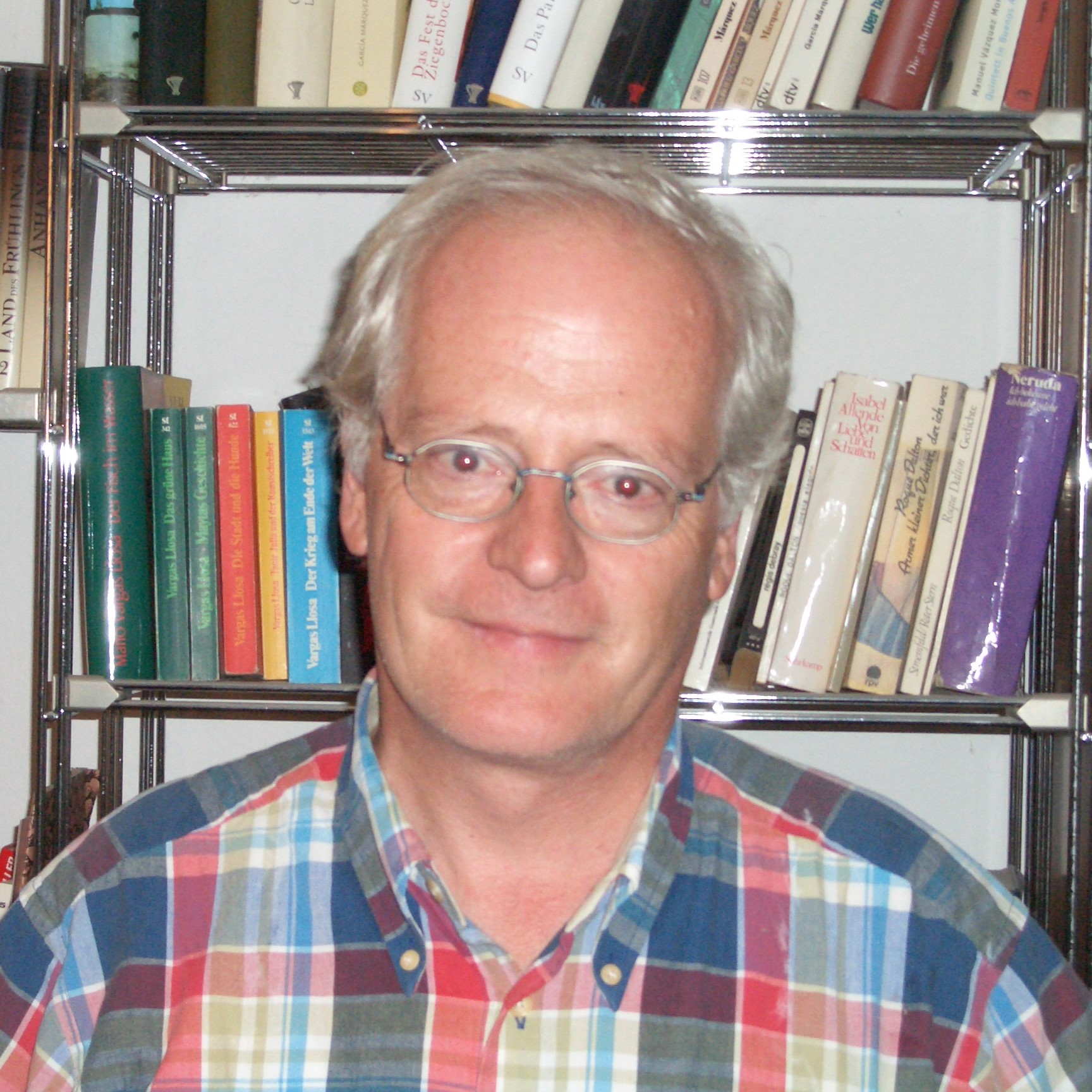Presidential elections are due to be held in Cameroon in October. The incumbent 93-year-old president is seeking an eighth mandate. Roger Peltzer analyzes why his chances are crumbling and that there are signs that Paul Biya’s power base is crumbling.
Paul Biya, now 92, has been President of Cameroon since 1982, having previously served as Prime Minister for 7 years. Now presidential elections are due again on October 12. And Paul Biya wants to run for an 8th term, as announced a few days ago by the Secretaire General of the Office of the President, Ferdinand Ngoh Ngoh.
But whether this will happen seems more uncertain than ever. Paul Biya has practically not been seen in public for years. People who know the president’s entourage claim that the country is de facto run by his wife Chantal and Ferdinand Ngoh Ngoh. The two – Beti from the same prefecture in central Cameroon – would have extensive authority to act.
Biya’s power base begins to falter
But Paul Biya’s power base is beginning to crumble. For decades, Paul Biya has traditionally based his power on an alliance between his Beti, who live in central and southern Cameroon, and the Muslim and Christian elites of northern Cameroon. The latter stuck together to form a political counterweight to the business-minded Bamilike in western Cameroon, who dominate the economy.
But now the north seems to be breaking away as a supporter of Paul Biya. Two of his ministers from the north, Issa Bakary Tchirouma (Ministry of Labor and Education) and Bello Bouba Maigari (Minister of State and responsible for tourism) resigned from their posts at the end of June. Their reasoning: the country was sinking into stagnation and the Council of Ministers – which meets under the leadership of the President – had not met once in seven years. As a minister, Paul Biya had never met many ministers in person. Tchiirouma and Bouba represent the FSNC and UNDP parties, which have long been allied with the ruling RPDC. Now they want to run for president themselves.
However, it is not only the two ministers, both Muslims, who are sounding the alarm; all three archbishops of the Catholic Church from the north have sharply criticized Biya and are calling for a change, as have recently officials from the ruling RPDC party in the north. This is not surprising, as the infrastructure in the north is particularly run-down. Many journeys on the completely dilapidated roads now take twice or three times as long as they did 10 years ago. In addition, crime is on the rise. Boko Haram has been largely defeated. However, the former fighters have in many cases mutated into common criminals who, in collaboration with local supporters and presumably also with some members of the security forces, are terrorizing the population, kidnapping wealthy farmers to extort ransoms, etc. And the central government is unable to act. And the central government is incapable of acting and looks on more or less inactive.
Smouldering civil war in the Anglophone West and crumbling infrastructure
But there are also fires in other parts of Cameroon. The civil war continues to smoulder in the Anglophone part of the country, where former rebels are increasingly acting as criminals. The current conflict was triggered by the fact that the central government sent francophone judges to the anglophone part of the country in order to speak in French and according to French law rather than English common law. This led to a general strike by all Anglophone employees of the judiciary, which was joined shortly afterwards by the Anglophone teachers. The conflict then escalated into open armed conflict. Although the government eventually withdrew the French-speaking judges, by then the baby had already fallen into the well. Further clear gestures from the government are now needed to end the conflict, which continues to smoulder. After independence, the Anglophone Cameroonians living in the North-West (formerly an English colony) decided by referendum in favor of joining Cameroon and against joining Nigeria. At the time, however, they had been promised extensive autonomy, which was later increasingly restricted by the central government.
And anyone who has the dubious pleasure of driving through Yaounde by car – there is no local public transport – will find themselves in a permanent traffic jam in the mornings, afternoons and evenings, caused by meter-deep potholes that often only allow them to drive at walking pace. Tens of thousands of qualified Cameroonians have left their country and are working all over the world, often in top positions, because they simply cannot stand the stagnation at home.
The overall situation is crying out for change, so to speak. The most prominent and popular opposition candidate is Prof. Kamto from western Cameroon. His party, the MRC, is well led and anchored throughout the country. As Deputy Minister of Justice, Prof. Kamto led the negotiations with Nigeria over the Bakassy enclave, which has large oil reserves, and concluded them with a favorable outcome for Cameroon. Nevertheless, the Biya regime later imprisoned him for nine months because he had switched to the opposition in the meantime. The fact that Kamto was recently able to unite 50,000 diaspora Cameroonians for a large rally in Paris shows just how great the mood for change is. On his return to Douala, the government had to cordon off the airport to prevent television pictures showing Kamto being welcomed by enthusiastic supporters.
How are France and the USA behaving?
The big open question now is how France and the USA will deal with the agony of the Biya regime. The Cameroonian public noted with interest that the French ambassador received the resigned minister Issa Tchirouma and allowed pictures of this meeting to circulate in public. And the case of Cameroon is not entirely without interest for Trump either. Due to the civil war, his predecessor Biden had granted very generous visas to Anglophone Cameroonians to relocate to the USA. Tens of thousands of Cameroonians were happy to take advantage of this. Trump may therefore have an interest in ending the smouldering civil war in West Cameroon. However, he can only achieve this with a new president.
This would not be the first time that Biya has secured his re-election against a strong opposition, possibly by means of electoral fraud and the use of instruments of power. But how capable of acting is he still? And does he still enjoy the support of France? It cannot be ruled out that the search is on behind the scenes for a candidate who is credible and qualified, but who can also ensure an orderly transition with certain guarantees for Biya and his clan. Many are afraid that the battle for the succession could lead to civil war-like clashes. There are suitable candidates who could facilitate a peaceful transition of power. The next few months in Cameroon will be exciting.
Cover photo: U.S. Secretary of State John Kerry greets Cameroon’s President Paul Biya before the start of the U.S.-Africa Leaders Summit Session One on “Investing in Africa’s Future,” at the U.S. Department of State for the final day of the U.S.-Africa Summit in Washington, D.C., on August 6, 2014. source: State Department photo/ Public Domain


